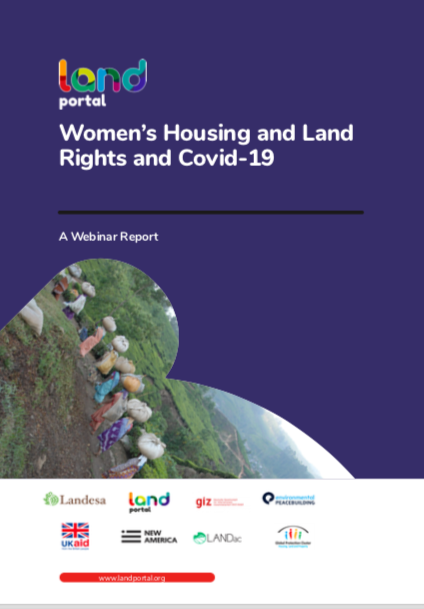Location
Since 1999, New America has nurtured a new generation of policy experts and public intellectuals. Today we are a community of innovative problem-solvers, combining our core expertise in researching, reporting and analysis with new areas of coding, data science, and human-centered design to experiment and innovate nationally and globally. We prize our intellectual and ideological independence and our diversity, seeking to do our best work and to reflect the America we are becoming.
Our Work
New America is pioneering a new kind of think and action tank: a civic platform that connects a research institute, technology lab, solutions network, media hub and public forum.
We generate big, bold ideas as templates for change.
We design and advance evidence-based public policies.
We surface, share, and scale locally generated and tested solutions to public problems through a national and global network of public, private, and civic partners.
We develop legal, political and technological tools to build democratic capacity and enable solutions to grow and spread.
We tell stories about what is happening and what is possible, to give Americans a window into what we are capable of achieving together and a vision of what a renewed America could and should be.
Members:
Resources
Displaying 6 - 10 of 13Webinar Report: Women’s Housing and Land Rights and Covid-19
Rural women make up a quarter of the world’s population, but many face legal and social barriers that limit their ability to access, use and benefit from the land they tend and depend on for their livelihoods.
Tech and Transparency: democratising data and empowering communities with cutting-edge technologies
lack of transparency in the land and property sector prevents individuals, communities and governments from unlocking the value of the property as an asset, and undermines policies and legal frameworks that aim to provide land tenure security, potentially leading to a misallocation of rights. In fact, land governance is ranked among the sectors in which people are most likely to pay bribes for access to services, according to Transparency International’s Global Corruption Barometer.
3D Cadastre and Property Rights
An Introduction to 3D Cadastre
Over the last half century the world has seen rapid urbanization, which is anticipated to increase over the foreseeable future. According to the United Nations Population Division, only 30 percent of the world’s population lived in urban areas in 1950. As of 2018, that has increased to 55 percent with urbanization rates rising faster in some less developed regions.25 With the rise of urbanization, more people are living in multi-story buildings with shared services and facilities.
Self-Sovereign Identity and Property Rights
An Introduction to Self-Sovereign Identity
Self-sovereign identity (SSI) is a new paradigm for creating digital identity systems that function more like identity does in the physical world, where every person has a unique and persistent identity which is represented to others by means of a collection of credentials. SSI allows people to collect digital “credentials”—pieces of evidence about their identity—attested to by various external sources of authority.
Machine Learning and Property Rights
An Introduction to Machine Learning
Machine learning is an application of artificial intelligence (AI) that enables systems to programmatically “learn” and improve from past experience. Computers use algorithms and statistical models to “learn” patterns and insights from sample sets of data (often called “training data sets”), and apply those insights to make intelligent predictions and decisions about much larger sets of data.






